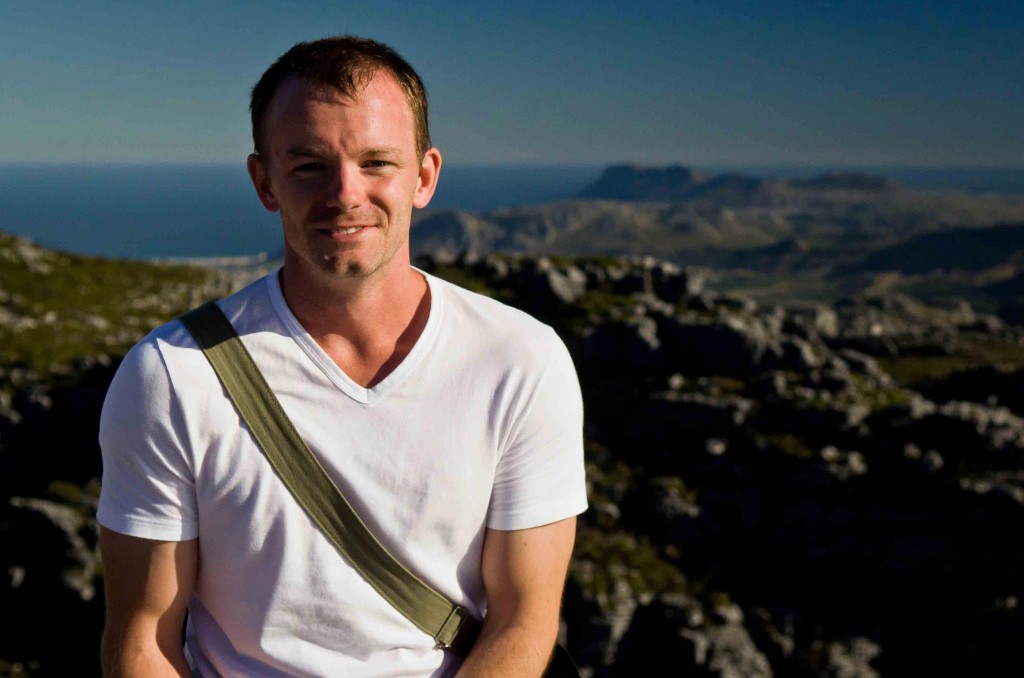In the sixth instalment in our series of Q&As with Blue Ventures staff, we ask Brian Jones, our Conservation Coordinator, some searching questions about science, conservation and superpowers…
What is your scientific background?
I studied Biology at Penn State University, with a focus on vertebrate physiology in a pre-medicine programme. I don’t have a specific background in marine science or conservation, but have found working for BV to be a fantastic learning experience, and introduction into the world of marine conservation and traditional fisheries management. That being said, I’ve also found that working with communities in Madagascar, a strong background in marine science isn’t really necessary. We’re working around a handful of basic management principles, which usually involve sacrificing short-term gain for long-term benefits, and the real challenge is to get poor, resource-dependent communities to buy into this.
Why do you do what you do?
Because I think that it urgently matters, and the thought of a life spent toiling aimlessly at something for which I do not see the point is a terrifying one for me.
What is the best/worst thing about being a conservation scientist?
The best thing about working in conservation is being able to witness first-hand nature’s ability to recover and heal itself when given the chance.
The worst, or perhaps more accurately ‘most frustrating’, thing about working in conservation is to witness first-hand the failure and hand-wringing on the part of world leaders to recognise, and consequently take action in response to, the glaring evidence that humans are, perhaps irreparably, causing such damage to the earth that it may soon be uninhabitable for our species.
What do you enjoy most about your job?
I enjoy the atmosphere – being surrounded by motivated young conservationists who come from diverse walks of life and are all passionate about what they are doing. I especially enjoy the family feeling that develops with my ex-pat colleagues here in Madagascar and the mutual support that we provide for each other during tough times.
What is your favourite species or group of species and why?
Homo sapiens. The extent of human achievement, curiosity, innovation and capacity for compassion, higher thought and introspection never ceases to amaze me. What we have achieved as a species, and especially in the ability to manipulate the environment around us, for good or ill, is mind-blowing and unparalleled by any other. These powers are too often abused however, and my hope is that we, as a species, can better direct our energy and highly evolved intellect to find ways to live sustainably and equitably.
What would your science superpower be?
The ability to walk through walls, mostly just for reasons of efficiency and general effect for onlookers. Either that or the ability to turn plastic bags into fish. It’s a tough one.
What is one of the strangest things that has happened to you while working on conservation?
In one of the villages I was living/working in, I was approached by the pastor of the local Protestant church and asked to speak about conservation to his congregation. The pastor was passionate about protecting the environment, which wasn’t strange in and of itself, but standing in front of his congregation and trying to relate religious beliefs (mine personally begin with an “A” and end with a “theist”) to conservation was something that I don’t think I ever pictured myself doing.


